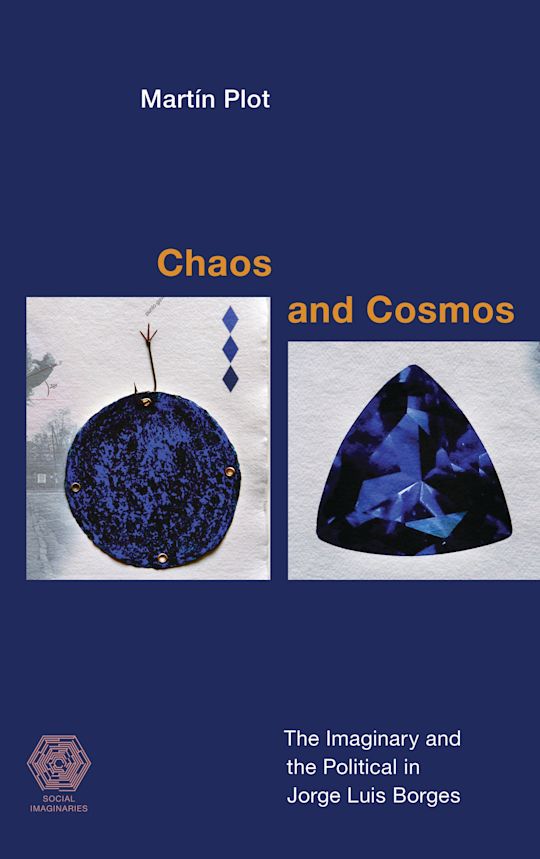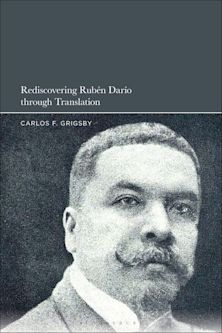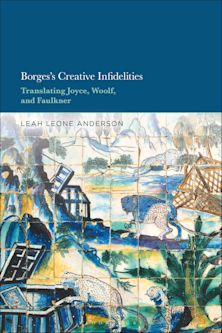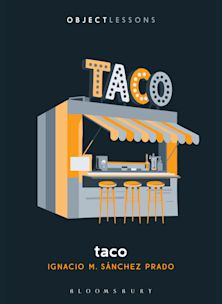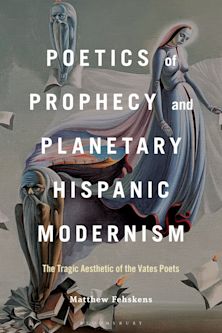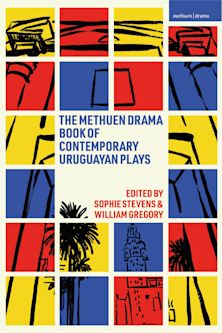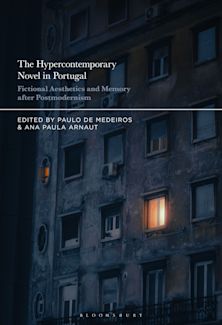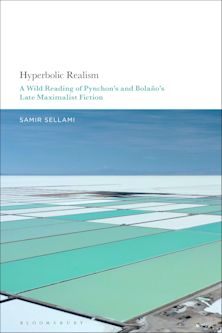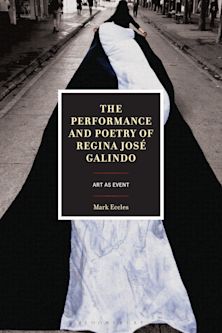Chaos and Cosmos
The Imaginary and the Political in Jorge Luis Borges
Chaos and Cosmos
The Imaginary and the Political in Jorge Luis Borges
This product is usually dispatched within 1 week
- Delivery and returns info
-
Free US delivery on orders $35 or over
Description
Choice 2025 Outstanding Academic Title
This book offers a new and unique interpretation of Argentine essayist and fiction writer Jorge Luis Borges as a thinker of what continental twentieth century political theory called the political. While not a political writer in the traditional sense, Borges was indeed an author whose response to the advent of totalitarianism, in particular in its Nazi form, generated the most experimental, insightful, and rigorous short fiction and non-fiction political interrogation.
As is well known, Borges' writing went beyond originality; it created a genre of its own, and the Borgesian style is not limited to form. This Borgesian style fundamentally relates to how his response to the advent of totalitarianism led to sharp and philosophically sophisticated interrogations-in-fiction of the political, understood in this book as related to three main distinctive dimensions: that of the question of the forms of society, that of the relationship between the imaginary and the real, and that of the relationship between the same and the other.
Chaos and Cosmos introduces the reader to Borges as an experimental writer, as an Argentine citizen, as a thinker of global political phenomena, and as a South American Pragmatist. The book also makes incursions in a political theorizing of its own, intertwining an interpretation of Borges' essays and fiction pieces from the 1930s and 1940s with the central concerns of philosophers and political thinkers such as William James, Maurice Merleau-Ponty, Hannah Arendt, Claude Lefort, Michael Foucault, Richard Rorty, and Judith Butler.
Table of Contents
Introduction
I – Contextualizing Borges
Chapter 1: Tlön as Political Form
Chapter 2: The Aleph and the Argentine Cultural Tradition
Chapter 3: History, the Mother of Truth
II – Interrogating the Political
Chapter 4: Chaos and Cosmos
Chapter 5: Dreams and Nightmares
Chapter 6: The Same and the Other
Bibliography
Index
About the Author
Product details
| Published | Jul 11 2024 |
|---|---|
| Format | Hardback |
| Edition | 1st |
| Extent | 252 |
| ISBN | 9781538178676 |
| Imprint | Rowman & Littlefield |
| Dimensions | 9 x 6 inches |
| Series | Social Imaginaries |
| Publisher | Bloomsbury Publishing |
Reviews

ONLINE RESOURCES
Bloomsbury Collections
This book is available on Bloomsbury Collections where your library has access.









